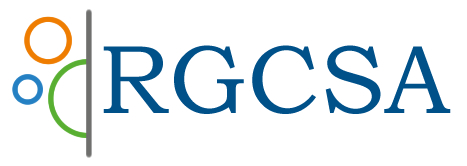Firstly, the systematic study of astrology will be of interest for historians and historians of science, given the central part that astrology has historically played in culture and scientific thought (Tarnas 1993, Tester 1987)
Secondly, research of this type will be of interest to archaeologists who seek an understanding of planetary and star systems in relation to the construction and maintenance of artefacts relating to religious ritual and symbolism (Heath 1995, Ruggles 1999). Such examples in Europe, the Middle East and Asia are numerous.
Thirdly, Research Grants for the Critical Study of Astrology seeks to encourage the interest of anthropologists who are concerned with the role of astrological beliefs within modern cultural and social systems (Baity 1973). The example of modern India comes immediately to mind
Fourthly, this Grants body will be of interest to scholars in the fields of sociology, culture and communications. A crucial research question which has yet to be satisfactorily answered is: why, in the modern age, do such large numbers of people attend to their “horoscopes” (as evidenced by the large number of sun sign guides carried in most newspapers and many popular magazines)? And what credence do those who consult these horoscopes give to the advice they contain? (Tyson 1982).
Fifthly, this Body is interested in sponsoring further research in the field of psychology (ably begun by the late Professor Hans Eysenck) on the links, if any, between personality and more complex planetary indicators. The methodology of such research needs to be carefully considered and reviewed, since some critics in this area have used naïve models for evaluating what they suppose to be planetary or sun sign influences. Research exists on links between astrological influences and health psychology (Hughes, 1990; Philipps et al., 1993) and the relevance of astrology in this field (Harris, 2003, Harris 2008, Harris 2009) and further work here would be appropriate.
Sixthly, research needs to be undertaken within the astrological community itself. In every country in Europe and Asia there exist communities of astrological scholars, working largely independently of the mainstream scholarly community. This separation is not entirely self-imposed. The skills involved in a serious education in astrology involve disciplinary training in geometry, mathematics and inductive logic, which (for the scholar not versed in these methods) seems extremely rigorous. Many astrologers have degrees and diplomas in more conventional academic subjects. This community needs to be described sociologically, and its continued existence in a world of alternative scientific models explained.
Finally the methodologies used for research into astrology require close scrutiny. Both quantitative and qualitative methods of investigation may be appropriate for astrological research, provided that the methodology is scientifically sound and rigorous. The RGCSA body’s role includes helping researchers to design studies that will contribute towards the development of a reliable bank of research papers in the field of astrology’s applications in the humanities and social sciences.
